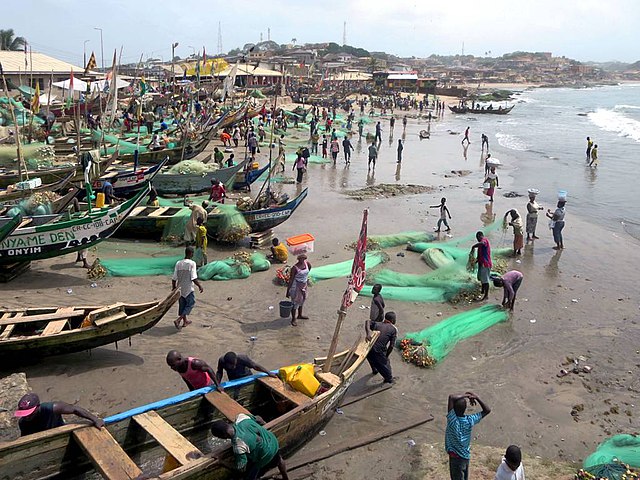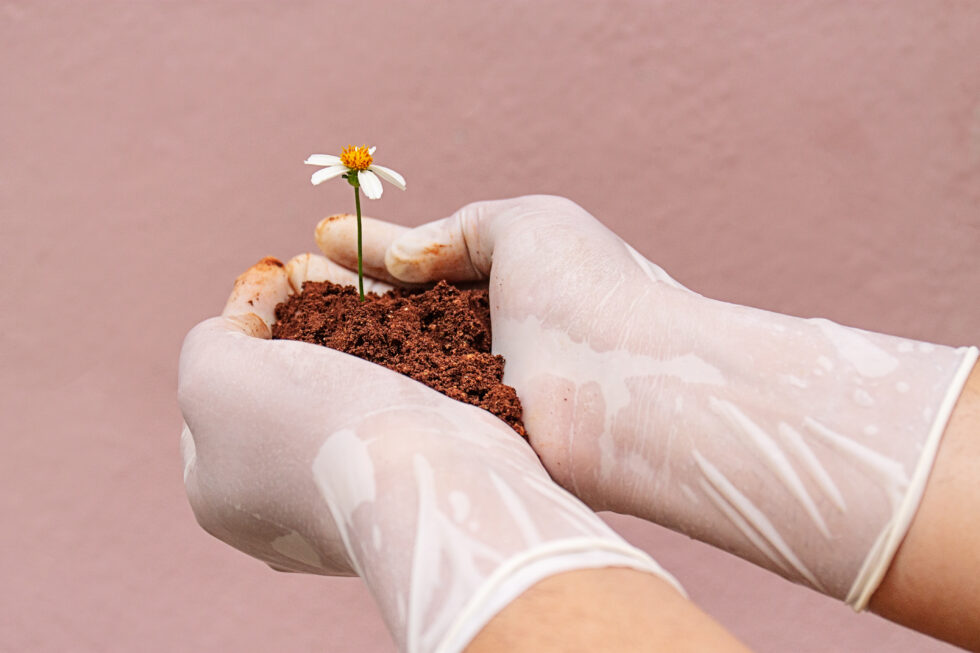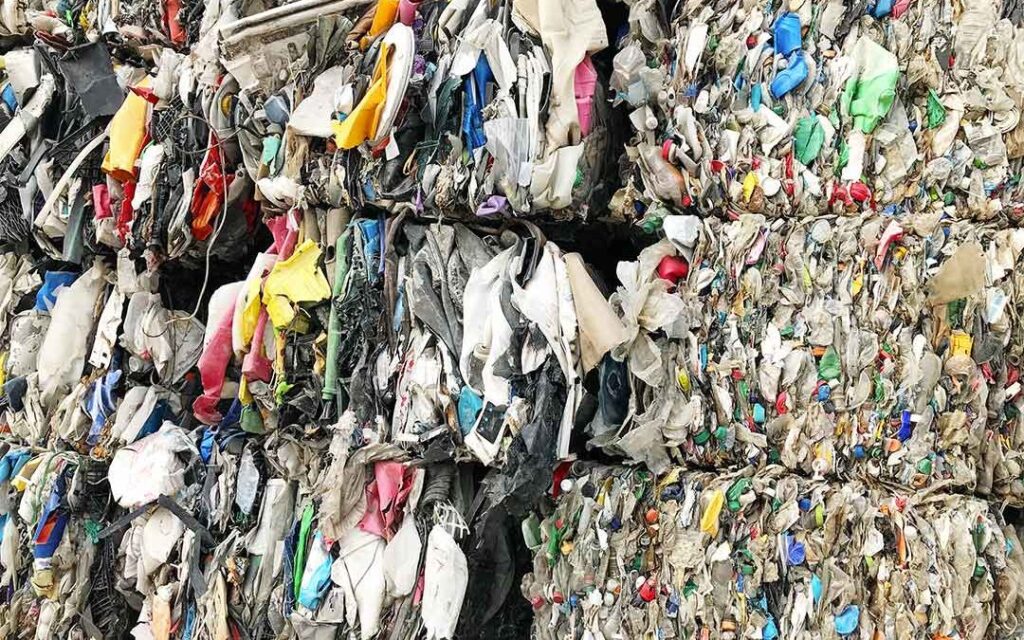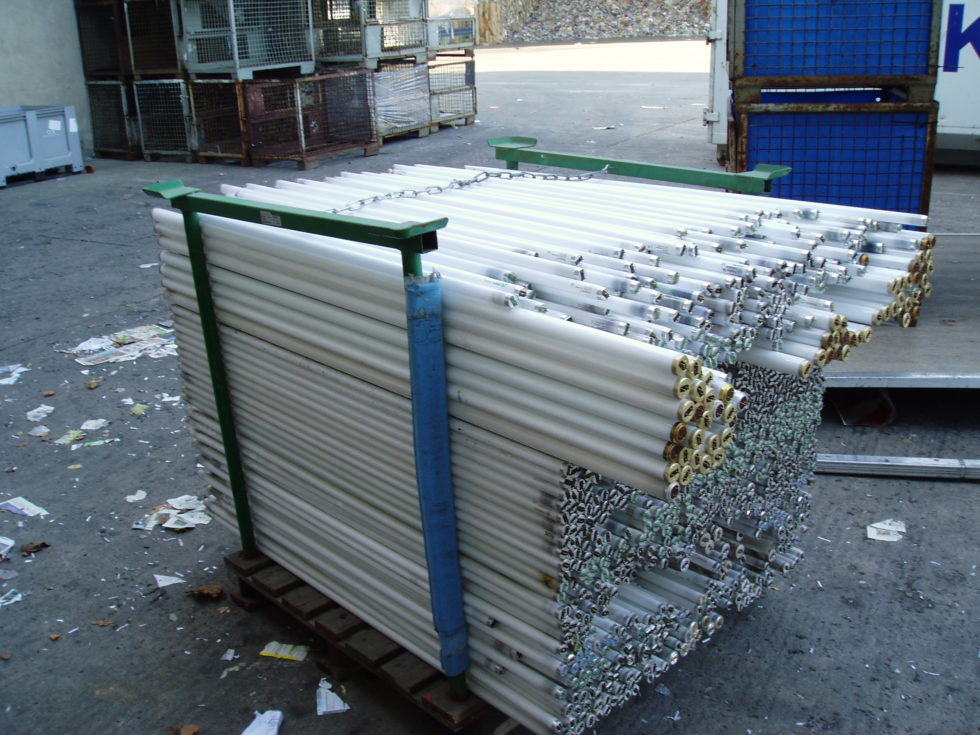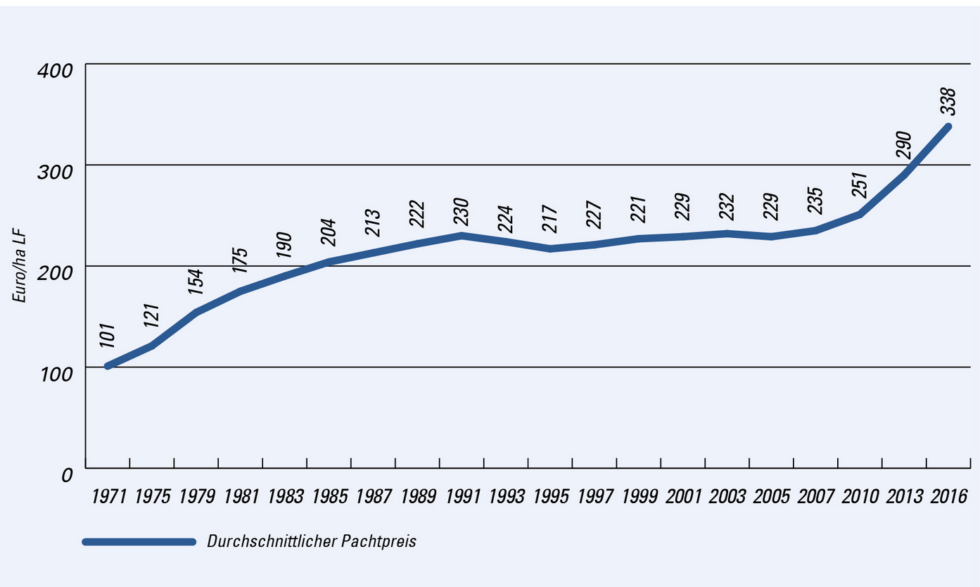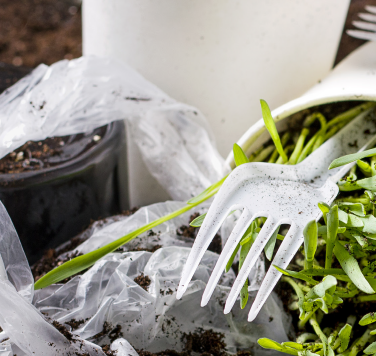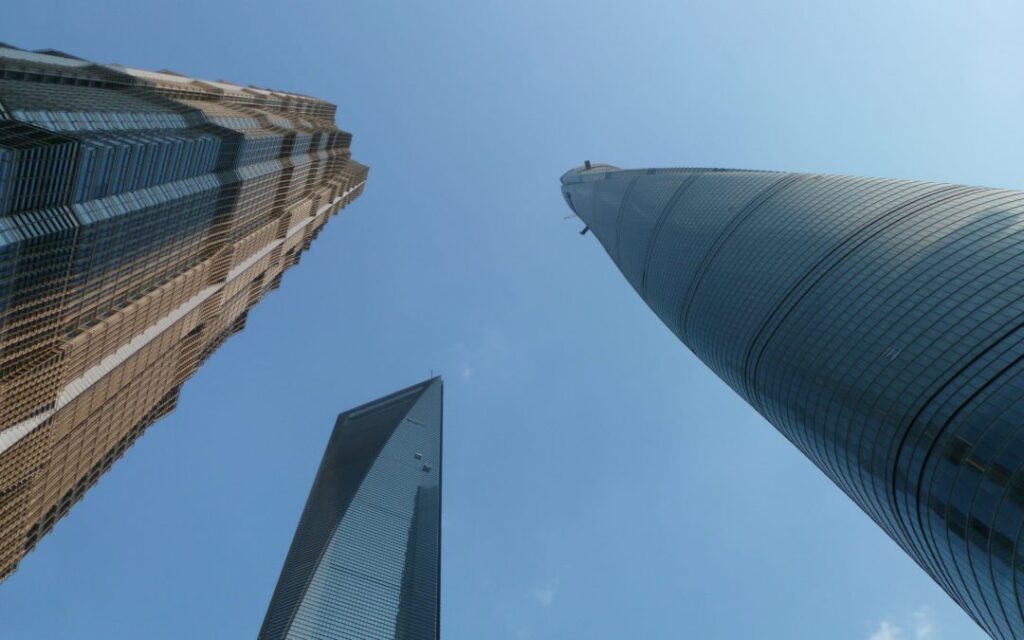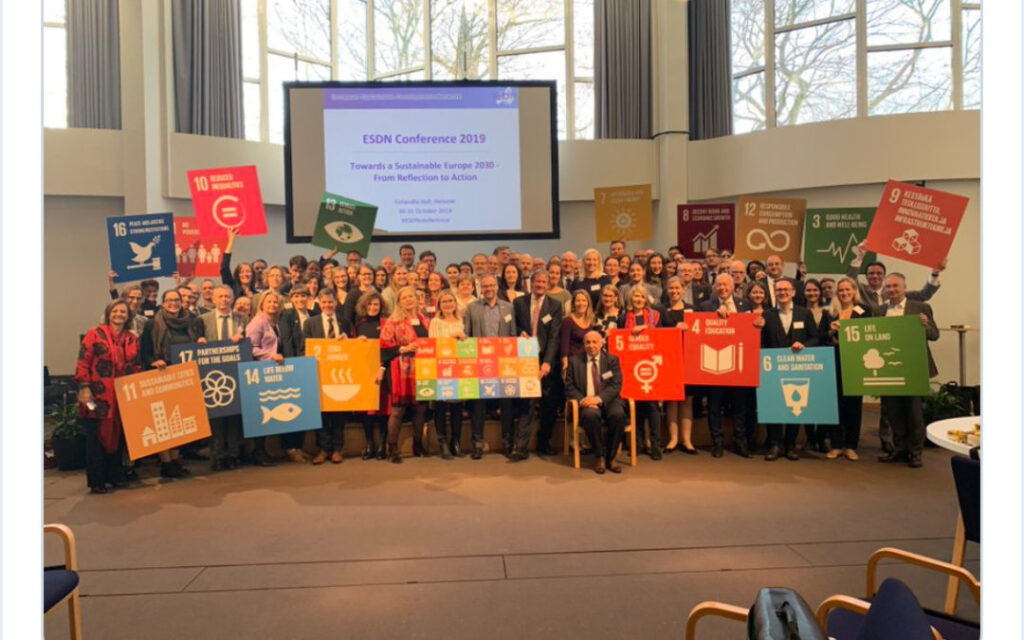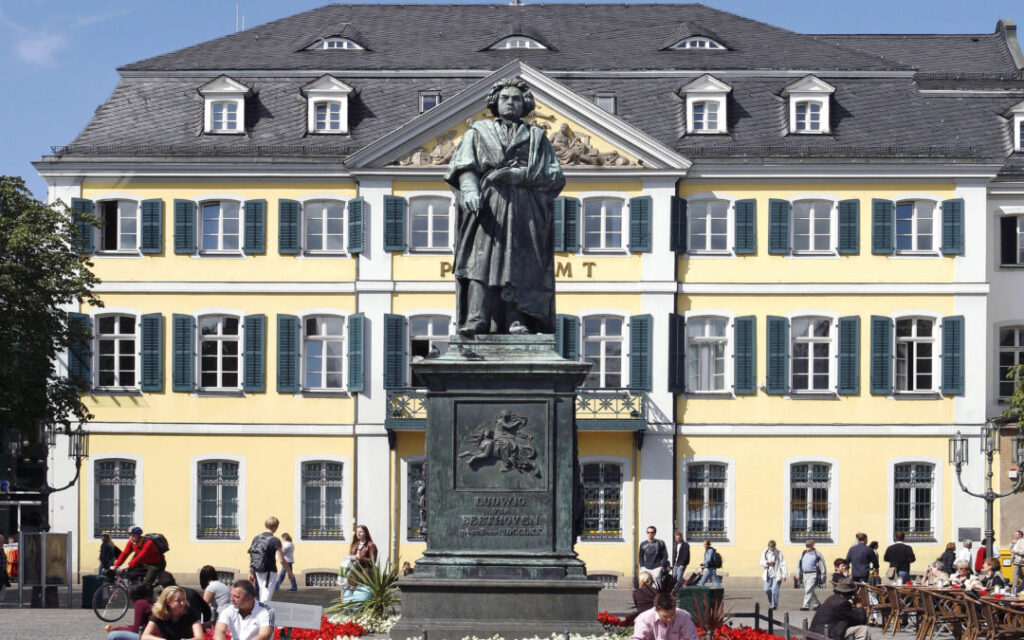Plastics is not only a problem for our oceans caused by lack of suitable waste management on other continents. Even in Europe, plastic waste is entering the environment. How to avoid plastic entering soils? One important source of input is compost from polluted bio-waste mostly due to incorrect sorting by the waste producer, i.e. households. Compost is an important material that improves the structure and fertility of soils serving also as a sink for CO2. Therefore, the answer is: Bio-waste should be free of plastics! But how do we achieve this goal? Yasmin Eger, one of Henning Friege’s Master Students, investigated which measures or combinations of measures are best suitable to reduce the rate of misplaced materials in the organic waste. She performed structured interviews with responsible persons whose municipalities extensively collect separately bio-waste since years and have a low rate of unwanted materials. The respective necessary measures are presented by Henning Friege and Yasmin Eger in an article that has just been published in a scientific journal.
More information on plastic in soils is available in another blog on our website.
